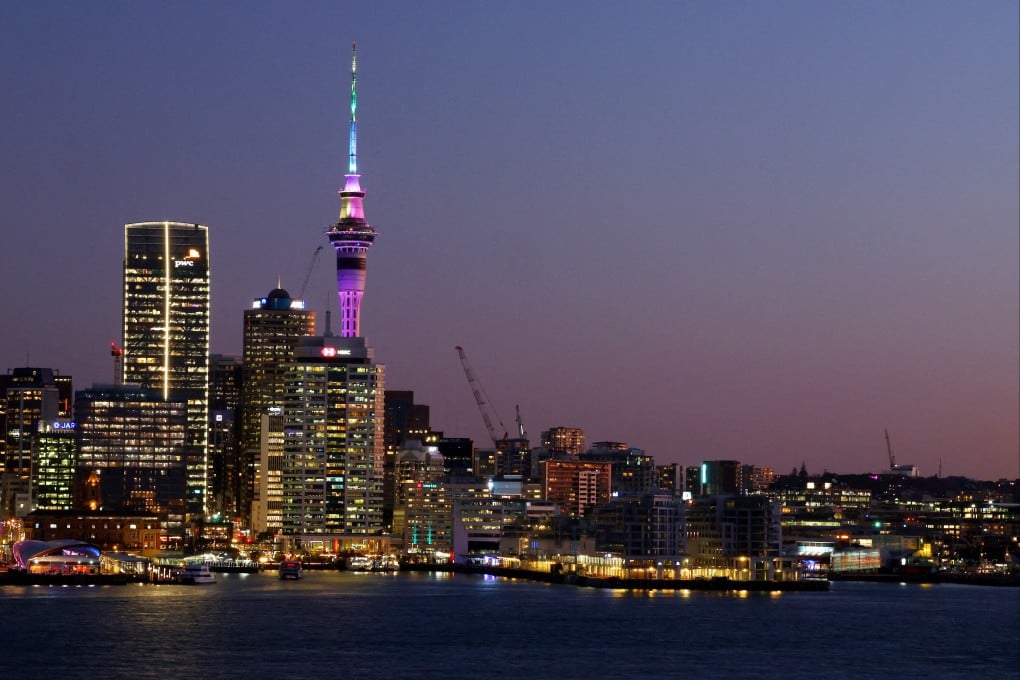New Zealand makes ‘golden visa’ simpler, drops language test to woo rich immigrants
The changes are expected to create more local jobs and give the country’s sluggish residential property market a shot in the arm

From April 1, the Active Investor Plus visa will be narrowed to just two categories, while the scope of acceptable investments will be expanded, Immigration Minister Erica Stanford said on Sunday in Auckland. As well as dropping the language test, other potential barriers to investment such as the amount of time investors must stay in the country will also be adjusted, she said.
“Capital is highly mobile and in an increasing complex world, people are looking for a safe and stable country to do business,” Stanford said. “We are now making our investor visa simpler and more flexible to incentivise investors to choose New Zealand as a destination.”
“We should be rolling out the welcome mat and encouraging investor migrants to choose New Zealand as a destination for their capital,” Economic Growth Minister Nicola Willis said on Sunday. “Foreign investment has the potential to provide jobs for Kiwis, lift incomes by delivering new businesses and investing in existing ones.”
The Active Investor Plus visa was successful at luring rich individuals to New Zealand and raked in an average NZ$1 billion (US$570 million) a year, but has languished after rule changes in late 2022.